No one likes to think about their rabbit dying. Unfortunately, sudden rabbit death is common. Knowing some of the reasons can help to bring a sense of closure. And if you’re struggling with your pet’s death, there are resources that can help.
There’s nothing like the excitement of bringing home a new bunny. At the same time, every hello means an eventual goodbye. Even with the best care, most rabbits only live between eight and twelve years. At some point, your friend will cross the rainbow bridge.
Sometimes it can take us by surprise.
Why do Rabbits Die Suddenly?
It happens more often than you might think. There are several reasons why.
Fright
Yes, rabbits can die of fright.
What could frighten a bunny to death? You might be surprised.
- Loud noises
- Seeing, hearing, or smelling a predator
- Interaction with other animals, especially if it involves chasing
- Rough or careless handling
Some bunnies are more sensitive than others, but all can die of fright.
Undiagnosed Disease
There are several diseases that can become deadly in a matter of hours. You might never notice symptoms at all.
GI Stasis
“Stasis” means lack of movement. GI Stasis means that the gastrointestinal tract stops moving food through. This can cause bacteria to build up. The bacteria then create gas. Unfortunately, rabbits can’t expel gas like we can. This can lead to a fast and painful death.
To reduce the chances of GI stasis, give your rabbit a high-fibre diet rich in hay, and low in both carbohydrates and protein. Keep an eye out for bloating, loss of appetite, and hard, small poops. If you suspect your bunny has GI stasis, seek a vet’s help immediately.
Viral Hemorrhagic Disease (RHDV, RHDV2)
Viral Hemorrhagic Disease is a fairly new rabbit disease. One of the most common results unexpected death. However, fever, siezures, breathing difficulties, and bleeding from the mouth or rectum can precede it.
Ingestion of Foreign Objects
Rabbits love to chew. Many will chew on anything that they can reach. Unfortunately, some of those things can break off into sharp pieces that can cause a puncture in the GI tract or even cause a blockage.
Some things that a rabbit may eat that can hurt them include:
- Plastic
- Carpet fibres
- Bedding
- Nails, needles, etc.
Always check your rabbit’s free-ranging areas for foreign objects before letting them loose.
Poisoning
Some things that are poisonous for a bunny are poisonous for us, as well. Other things, though, might surprise you.
In addition to keeping your garden clear of plants that are poisonous to rabbits, keep these things out of their reach:
- Bread, crackers, cereal, and pasta
- Walnuts
- Chocolate
- Potatoes and sweet potatoes
- Garlic
- Mushrooms and fungi
- The seeds of any fruit or vegetable
Flystrike
Flystrike happens when flies lay their eggs in a rabbit’s fur. The eggs hatch, and the maggots begin to eat the rabbit’s flesh. Death can occur before you know it.
If you notice maggots on or around your rabbit, take your rabbit to the vet immediately.
Heatstroke
The perfect temperature for a rabbit is 70 degrees Fahrenheit (21 degrees Celsius). Temperatures above 80 degrees Fahrenheit (26.6 degrees Celsius) can cause heatstroke. And that can kill very quickly.
Unseen Injury
Rabbits are prey animals. This means that they will always try to hide injury or illness. As a result, your bunny may have a serious injury or illness that it’s hard to detect just by looking.
Rabbit bones are very delicate, for example. It’s possible for a rabbit to break a bone jumping off of a high surface. Small children can also damage a bunny without trying. And rabbits can become injured playing with other non-rabbit pets, as well.
Not only are rabbits unable to tell us about a broken bone, but they wouldn’t tell us, even if they could.
As a result, a rabbit may die of shock from suffering a broken bone or other injury, and we might never know it.
Be on the Lookout
Many causes of unexpected rabbit death have similar symptoms. If you notice these symptoms in your bunny, it’s time to see a vet as soon as possible.
- Lethargy or inactivity
- Loss of appetite
- Diarrhea or, conversely, small or few poops
- Laboured breathing
Rabbit Dying of Old Age: the Signs
Like all of us, rabbits can die of old age. How can you tell it’s happening? Often, you can’t. However, if your otherwise healthy elder rabbit begins to exhibit these signs, it’s possible that his or her time is coming to an end.
- They stop eating and drinking
- They stop moving
- The pulse slows
- Breathing becomes agitated
- A sudden release of bowels and bladder
- Some owners report their rabbit screaming as death approaches
If you think your otherwise healthy elder rabbit is dying, stay calm. Don’t move them, and don’t do anything to make this time more stressful. Help them to relax and let them know that you love them.
What Happens When a Rabbit Dies?
From the beginning of time, people have wondered what happens when we die. Many also wonder what happens to animals.

The truth is, no one knows for sure. Many find comfort in the idea of the Rainbow Bridge, which is where pets and their families will eventually be reunited.
How Do You Dispose of a Dead Rabbit?
There are a lot of answers to that question. However, the solution will be different for different owners. The only certain thing is that you must not simply put animal remains in the bin. This can attract scavengers and also spread disease.
Garden Burial
Many people like to bury their pets in the back garden. This keeps your rabbit physically close as well as close to your heart. Your family can design a unique ceremony and erect a memorial that you can visit every day.
Before you do that, however, it’s important to take a few things into consideration.
First, is garden burial legal in your area? In many areas it isn’t.
Also, do you own your home? A landlord or rental agency might not appreciate a tenant’s garden burial.
Finally, are there free-roaming predators or scavengers in your area? Foxes, raccoons, coyotes, and other animals often dig up buried animal remains. This can be both upsetting and a health hazard.
If you decide on a garden burial, you need to bury your bunny’s remains deep — at least three feet (one metre) deep. But make sure to bury them above the water table.
You also need to wrap them in a plastic bag or sheet to reduce any smells that might attract scavengers. Also consider laying a stone or concrete slab over the grave as an additional deterrent.
Pet Cemetery
Did you know that there are cemeteries for pets? There are. In fact, the Hartsdale Pet Cemetery in New York, the world’s oldest animal cemetery, has over 70,000 interments and 7,000 memorials.
This is probably the most expensive option, but if you want a safe, dignified burial for your rabbit, pet cemeteries can provide everything, from a funeral service to interment and a monument.
The International Association of Pet Cemeteries and Crematories can help you to find a facility near you.
Cremation
If you’ve had to euthanize your bunny, your vet may offer cremation. But many areas also have local animal cremation businesses that can take care of the matter privately.
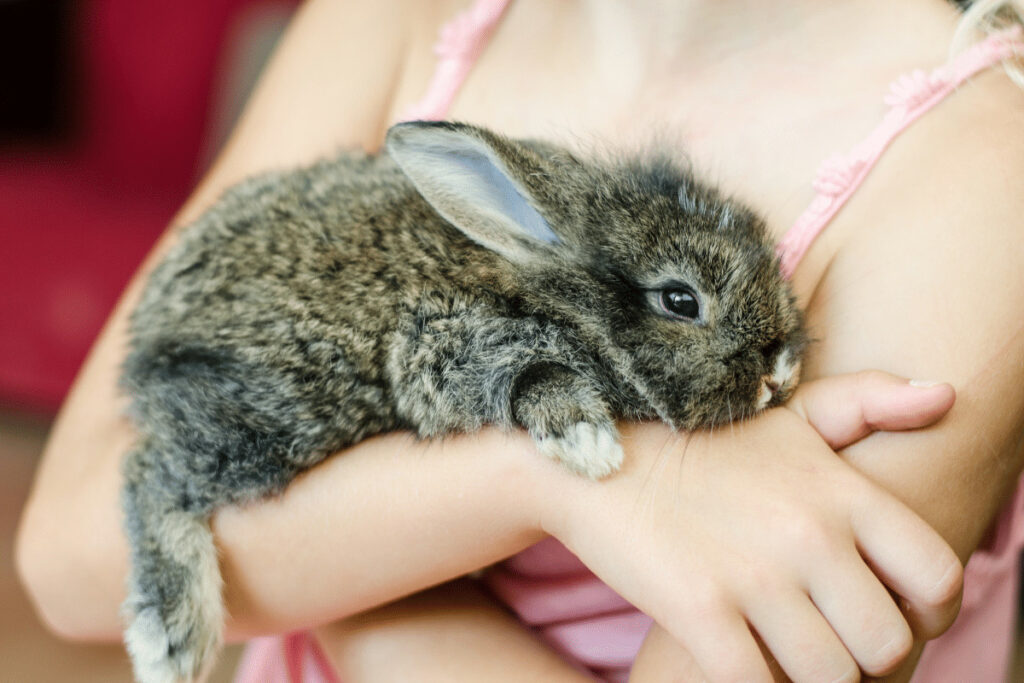
Cremation is sanitary and cost-effective. You can then choose to bury the remains or display them in an urn.
Municipal Disposal
Some areas offer municipal disposal for animal remains. Check with your council or local government to see if this is an option in your area.
Grieving for your Rabbit: How to Move On
It’s not “just a rabbit.”
Losing a companion animal isn’t “like” losing a family member; it is losing a family member. Grief over losing an animal friend, no matter how small, is natural and right. And we all need to work through it.
Everyone grieves differently, and the process can take longer for some people than others.
Grief typically goes through five stages, which can occur in different orders:
- Denial
- Anger
- Bargaining
- Depression
- Acceptance
The important thing is to allow yourself, and your family, to work through their emotions in their own way and at their own pace. There are a few things that can help, however.
Hold a Funeral
We all need to say goodbye. A funeral gives us that opportunity. It may be something as simple as sharing a few memories, or something more complex, involving ritual or prayer. Some people also like to:
- Erect a memorial, such as a sign or painted stones
- Plant a flower in a pet’s favorite place
- Put up a framed photo of your rabbit
- Write letters to your bunny and read them out loud
- Bury objects with your rabbit, such as a favorite toy or food item
Funerals can also teach children about the cycle of life, and help to ease fears of death.
Bereavement Counselling and Services
The pain of losing a pet is real. Simply talking to someone about your pain can make it less of a burden.
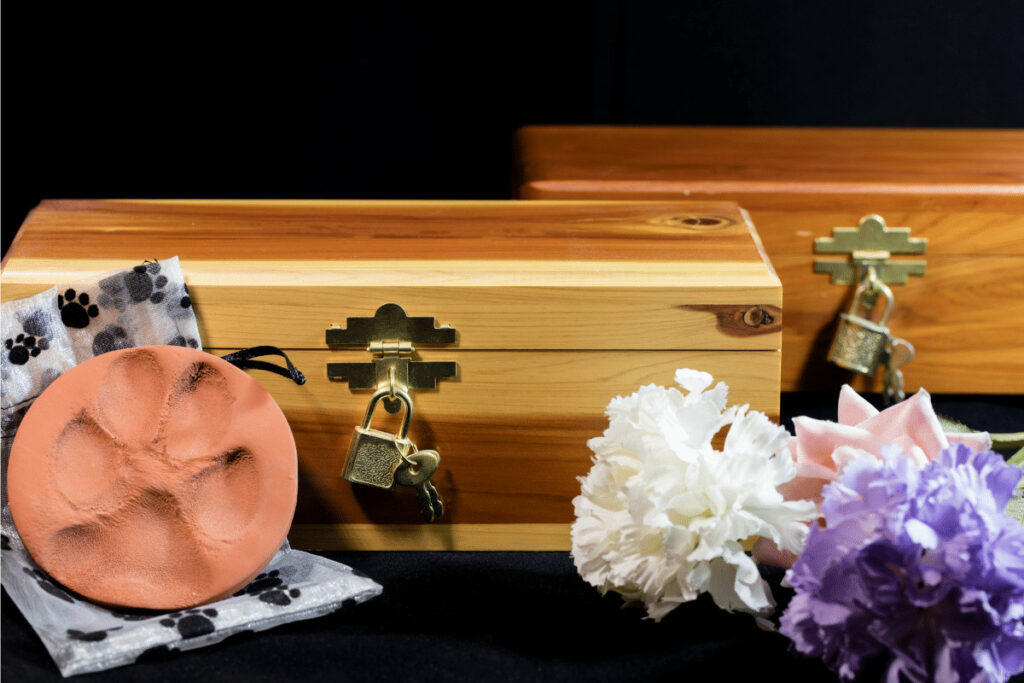
Blue Cross for Pets offers free telephone and email support for pet owners grieving the loss of their pet. Simply call 0800 096 6606 or email [email protected].
The Animal Samaritans organization also offers supportive listening at 0203 745 9859.
You can also find a wealth of resources, advice, and support for grieving pet owners at:
Also be sure to check with your vet, local council or nearby religious organizations regarding support in your time of grief.
Should You Bring Home Another Rabbit?
Different people may feel differently about this. Some people may want to rush out and bring home a new rabbit immediately. Others may want to mourn for a spell. Still others may decide that they don’t want a new rabbit at all.
It’s all fine.
However, if the bunny that passed was part of a bonded pair, it’s important to allow your remaining rabbit to grieve, as well.
The bond between rabbits is deep and strong. A rabbit will miss his or her partner. He or she will feel sad. And, just like you or me, your rabbit may not feel like bonding to a new partner right away.
How do Rabbits Grieve?
Some people report that when a rabbit is dying, its healthy partner may do a little dance. The reason for this is unknown, but many people believe the healthy rabbit is giving its partner a send-off.
If your rabbit dies at home, allow the living partner to spend an hour or so with the body. This will help the living rabbit to understand and process what has happened. It will allow them to say goodbye.
Sitting with your living rabbit while it says goodbye will let it know that you’re grieving, too.
Be patient with your remaining bunny, and keep an eye on behavioural changes. You might notice increased aggression, for example. Other rabbits may want to be with you all the time. Some may withdraw or hide.
These are all possible bunny grieving behaviours and should pass with time. But if you’re concerned, don’t hesitate to reach out to your vet.
Eventually, most rabbits will feel the need for a new partner. Some may not, however. When you decide the time is right to attempt an introduction, approach it with patience, kindness, and tact.
The Circle of Life
It’s always hard to say goodbye. But death is a part of life. Be gentle with yourself as you work through your bereavement. And, if your rabbit has left a partner behind, be kind and patient with them, as well.
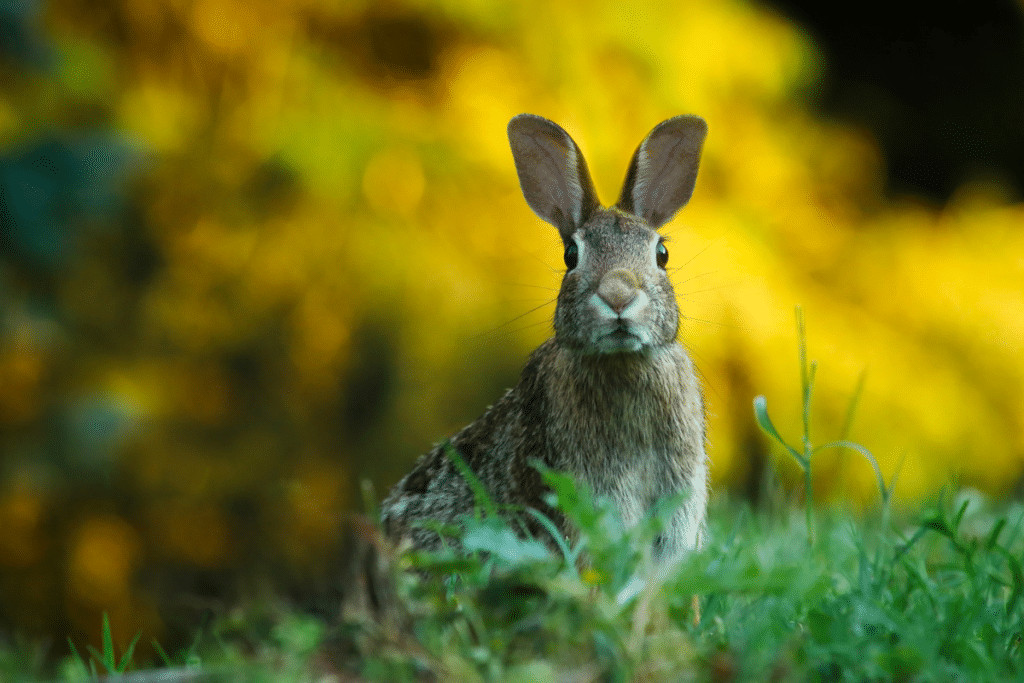
Do you have any advice for readers who may be grieving the loss of their bunny? Please let us know in the comments.





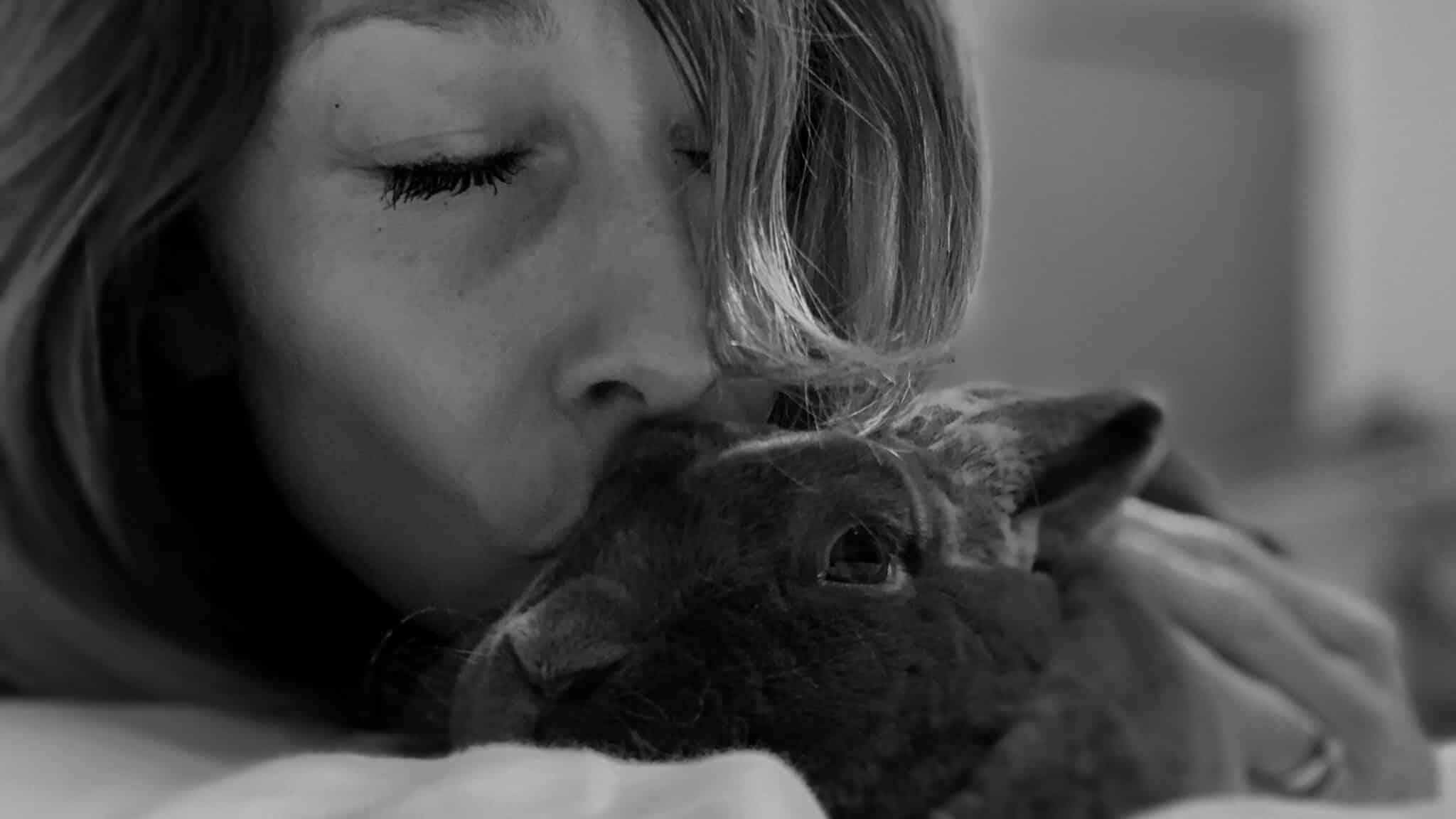

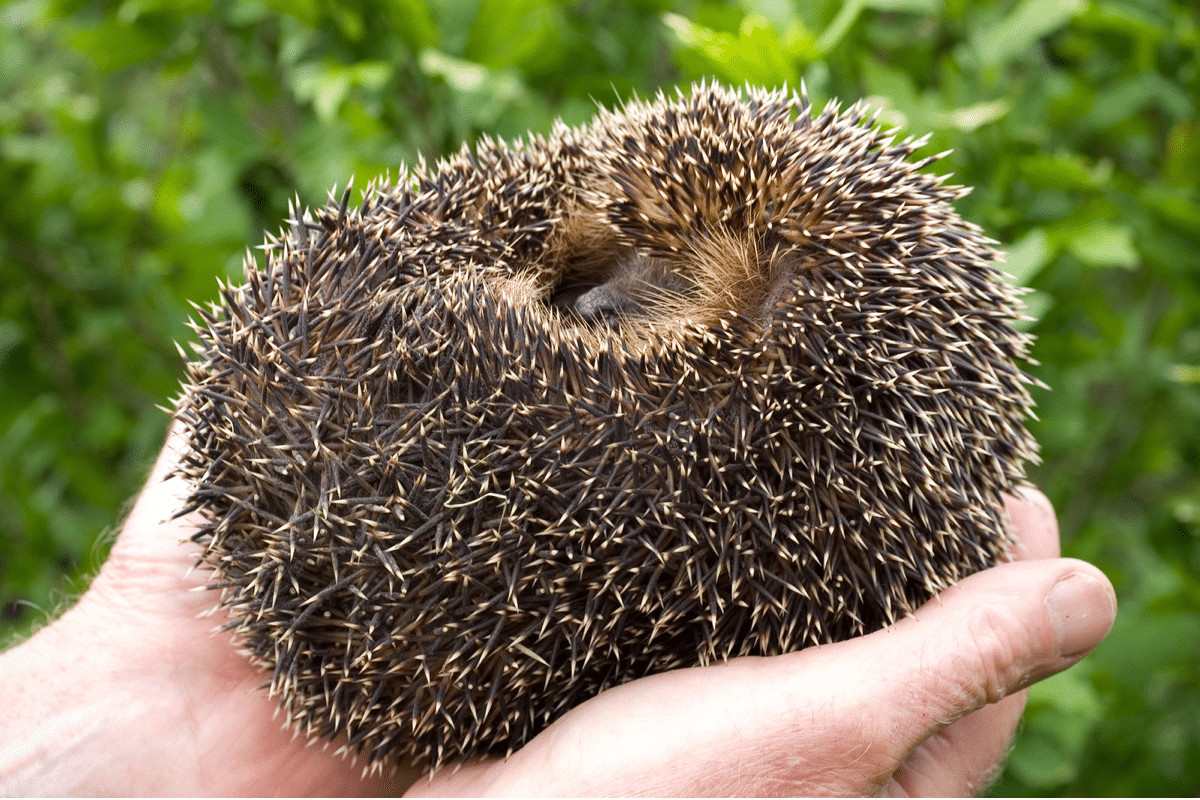
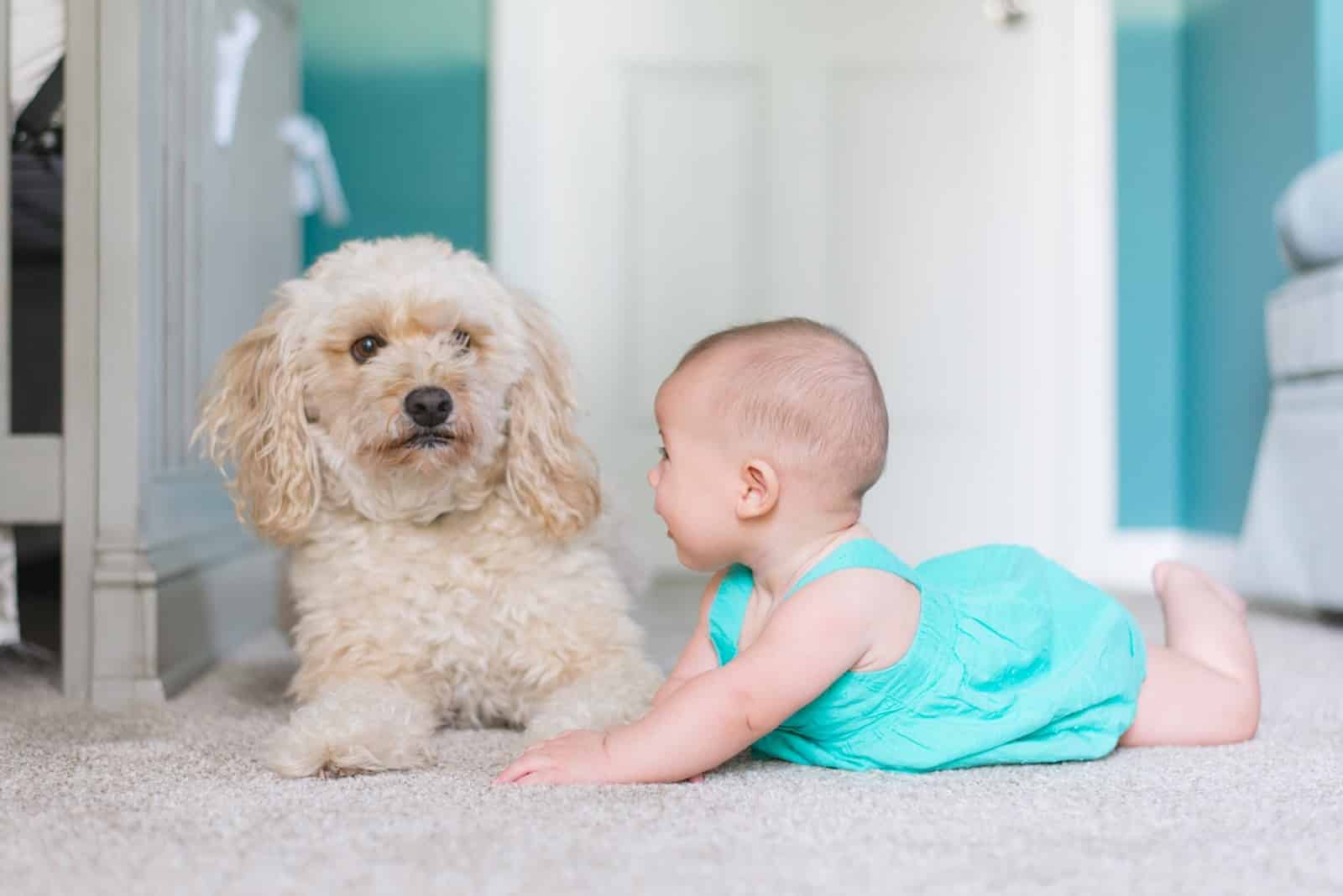

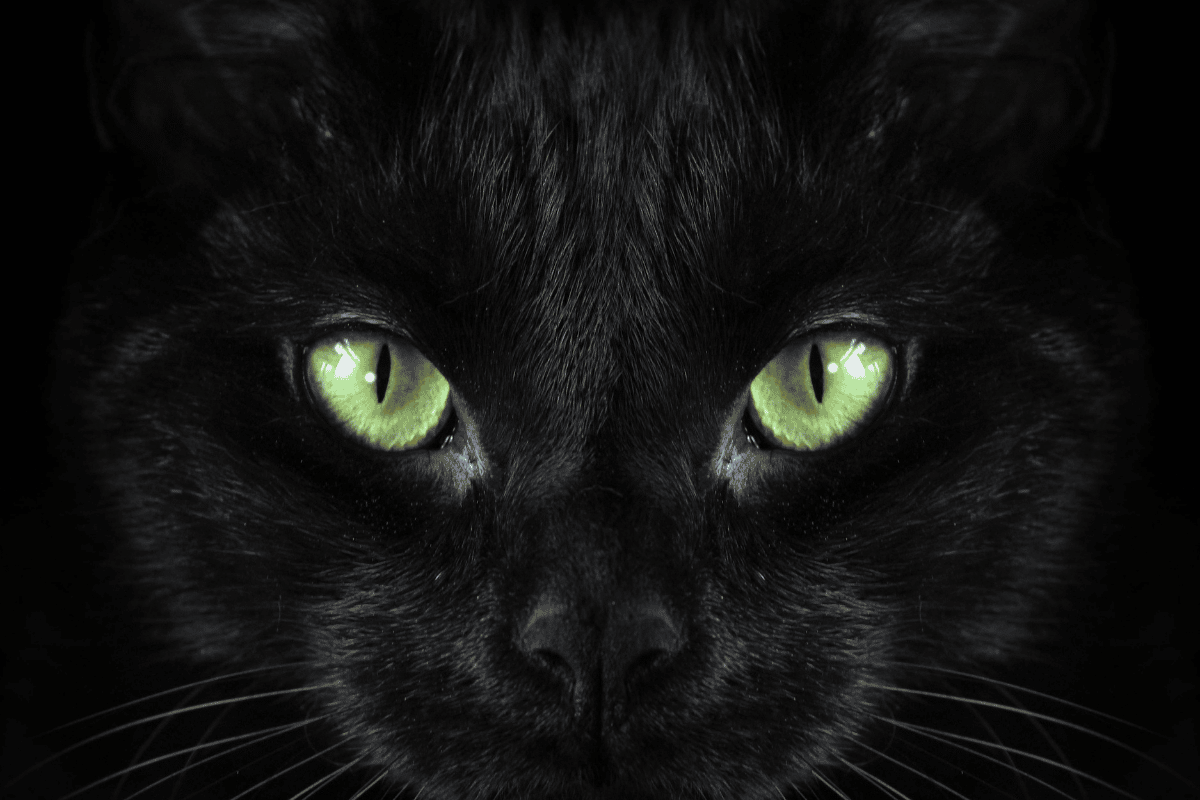



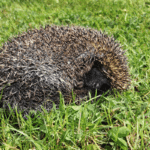


I have a bunny who is 10 years old now. About 4 years ago, her partner became ill suddenly and within 24 hrs, sadly had to be put to sleep. This was very stressful for the remaining bunny. She seemed very sad & depressed and for a few nights after the death, I was woken by her thumping loudly. All I could do was cuddle her and try to spend more time with her. After about 2 weeks, she didn’t seem to be improving and I decided to rescue another bunny from a rescue centre for her. Despite the slow introduction and to seemingly having paired them, one day they had a massive fight and both sustained substantial injuries. They both recovered but it was so sad that they then had to be apart, especially as the new bunny was so placid and clearly just wanted to cosy up with the other bunny.
Even though they were apart, their cages and runs were always next to each other, so they could see and smell each other all the time. For a long while, the older bunny still tried to attack the other through the cage bars but after 2 years, I started to notice them lying next to each other either side of the bars of their run during the day. One afternoon, the runs were being moved with the bunnies still in them and one got under the dividing bars and into the other run. I was very worried and thought they would fight but they didn’t. I watched them for about 2 hours but they were just fine. It was so wonderful and I was so surprised. They have been together all the time since and share all of their living and exercise spaces together. Looking back, I think I probably tried to introduce a new bunny to early and also think the grieving bunny may have been able to accept her loss more easily, had I brought the dead bunny home from the vets for her to see. I know that now she is 10 and has been taking daily painkillers for more than 2 years for possible arthritis pain, her time with me is limited, but I do feel more prepared this time. Her partner is about 8 now, so either one of them could be the first to pass away but I feel I will be more equipped to meet the needs of the remaining bunny until it is time for that one to join the others in ‘bunny heaven’
When I was 5 my family and I got two bunnies, Coco and Evie. Coco died within a month due to complications with her vaccine. After that we got another bunny called cookie, to keep Evie company. They were both girls and like sisters. Would sometimes fight but all in all have an extremely loving relationship. When I was 10, Cookie died from a cancer like illness in her tummy. I remember the day she died and some moments of grief but I don’t remember how I felt for the recent weeks and months afterwards. Soon after we found a rescue bunny called Robin, a boy, big and grey and beautiful. We put him together with Evie for a few days ( she is little and sleek and black with white around her eyes and on her scruff and also brown on her scruff) . They had an incredible connection. For 4 years they cuddled, Evie would rest her paws on top of Robin when he lay down, and they truly love other so much. In January 2022 Evie became sick. The cause isn’t completely known but she found it hard to breathe sometimes and there was a beating sound in her chest. My sisters were going through exams and so I took it upon myself to care as much as I could for both bunnies but especially Evie. Evie and I bonded like never before and she started to lick my hand and nose and really love me back in a way she had never done before. I truly believe that the hours and hours I stayed with her and cuddled her every day kept her alive. She pushed through for another eight months until two days ago. I regret to admit it but I hadn’t seen her in almost two days due to my very bad sleep schedule, where I slept through a lot of the day. Two days ago I woke up at 3:50 pm and about 10 minutes later my dad came upstairs and told my mum she had died. Even though Evie had seemed not very sick at all and quite normal for the past few months, I instantly knew what had happened due to my mums face. I had Evie for my entire life that I can remember, and since she was the original bunny that had lived through two other deaths I never really thought the day would come. I have always dreaded when either of my bunnies would die but I didn’t think it would be this difficult. I don’t know a life without her. It hurts even more that Robin is now alone without Evie. I have never in my life seen bunnies with such a bond as they had. I cant sleep at night and am facing a lot of guilt from not seeing Evie two days before she died even though I have spent a lot of time with her throughout my life. I love her so much and feel like I will never be able to get over this pain. It hurts so much to know that I will never touch her again or hold her again or be livked by her again. I have had an extremely hard past year, the most unhappy in my whole life, and she was always there to lick me and comfort me. Our relationship was very mutual in the sense that she gave me so much love too. I am trying to cuddle Robin and be there for him, he seems sad but at least he is eating and not showing signs of agression. My dad is not emotional at all in general, he doesn’t like to say I love you or anything like that, but he loved this bunny so much. I have never seen him cry before, but he cried multiple times from the death of Evie. He made her her own box from wood and drilled it together, placed down a bed of hay and lay her to rest in there. He dug the grave himself and had put flowers on top. He always thought she was the most beautiful rabbit on the earth ( which she really was) . Evie would sit on the poof ( a little sofa we have) and watch tv with my dad at night in the winter when it was too cold for the bunnies to be outside. My life feels so incredibly wrong right now without the pair of bunnies. The rest of my family haven’t cried, my two older sisters and mum. I know that they loved her very very much (my older sisters would feed and carry them and take them to the vet the most) , but they don’t seem nearly as sad as I am. I know everyone expresses grief in different ways but still. I know that there is no way to speed up the process of grief, but if there is something that anyone would really recommend doing, maybe buying a bunny keychain or writing a letter to Evie, I would really appreciate knowing. I don’t know how I will continue on without her. Thank u for reading if you made it all there way through.
Thank you for loving your bunnies.
Today our lovely Bunny died after a very short viral illness. He was fine when put to bed last night and lethargic when we woke up. He was a beautiful friendly affectionate bunny loving nothing more than to be stroked or patted endlessly. He was clever and even tolerated our cat in his territory. Being a solo bunny he bonded with me (because I feed all the family pets). We were given bunny by a farm breeder and kept him indoors as there is endemic calisi virus and mexamotosis in our rural part of Australia. I spent today by his side nursing him and trying to make his final hours as comfortable as possible. I gently stroked him and spoke softly to him all day, which kept him calm and relaxed. Even through I know having a pet bunny in our area is a risk, I was still so surprised that he got sick and died so quickly as he shouldn’t have been as vulnerable to viruses living indoors. I’ve been crying all afternoon and miss him so much already. He was an adored part of our little family and such a character. Love you brave and affectionate Bunny xxxx
I learned a bit from your website. My baby full grown bunny aost 11. Died yesterday. She was old and sick . I chose to keep her with me at home to see her last days. I kept her comfortable and did everything I could. The grief is unbearable. I am beside my self. I hope that anyone that reads this, has the support system I have.